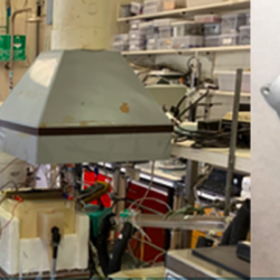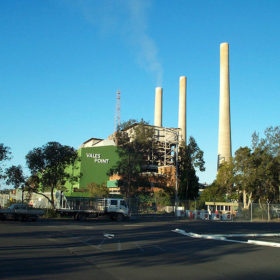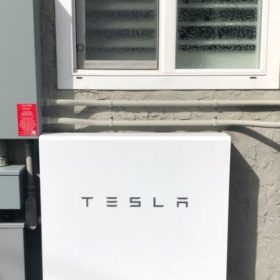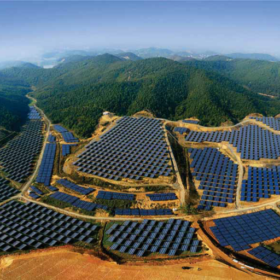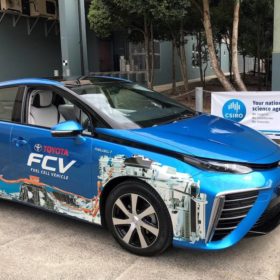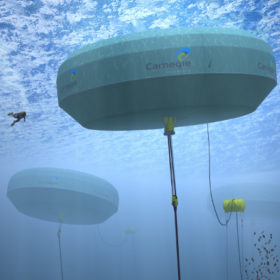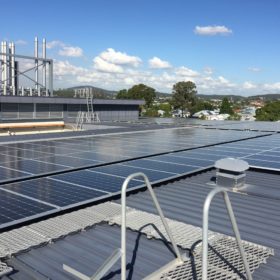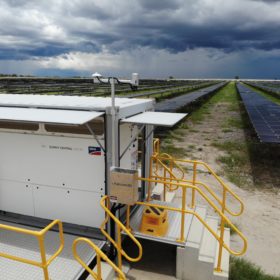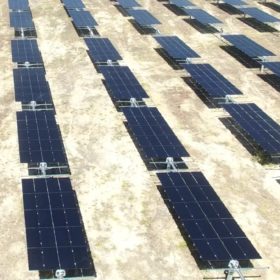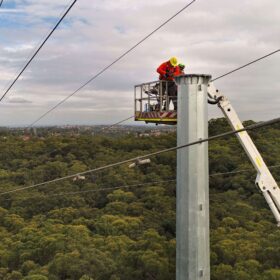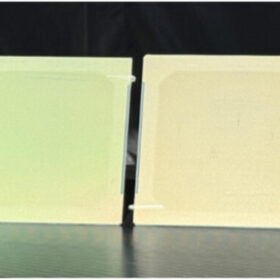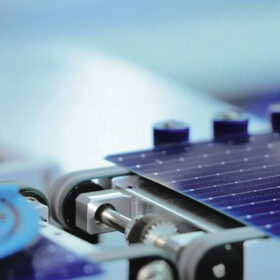Making metals with renewable energy
Mining and metals company Element 25 has obtained funding from the Australian Renewable Energy Agency (ARENA) to evaluate manganese production powered by wind and solar energy. By increasing renewable energy penetration potentially up to 90%, the company is set to improve the economics of its production process.
Gas, pumped hydro, coal upgrade win in Federal underwriting scheme, new coal not out of the picture
The Coalition government has shortlisted 12 projects that could be eligible for taxpayer underwriting, and allocated $10 million to study the best way to meet the demand of energy-intensive industries in north and central Queensland. While there is no new coal among the shortlisted projects, the feasibility study promises to examine whether a new coal plant is viable in Collinsville.
Australian first climate bond gives investors new access to solar and storage market
In what is described as Australian first climate bond, which gives investors access to new ways to invest in solar and storage, the Clean Energy Finance Corporation (CEFC) has contributed $10 million towards the latest of FlexiGroup’s green bond issuances. The inclusion of energy storage in the underlying asset base is viewed as an important market development.
JinkoSolar shipped 11.4 GW of modules in 2018
Chinese module manufacturing giant JinkoSolar today published its financial results for the full year 2018. While the company achieved an impressive 16% growth in shipments over the previous year, its total revenue took a 5.4% hit compared to 2017, thanks to falling module prices throughout the year.
Hydrogen home storage, refueling hub get financial shot into the arm
Toyota Australia will transform its former manufacturing site in West Melbourne into a renewable energy hub to produce green hydrogen with the help of funding from the Australian Renewable Energy Agency (ARENA). In other hydrogen-related news, researchers at UNSW Sydney with partners H2Store have received a $3.5 million investment from Providence Asset Group to develop a hydrogen residential storage.
Carnegie Clean Energy gets funding lifeline, solar microgrid subsidiary to be sold or wound down
Following months of uncertainty around its financial position, Carnegie Clean Energy and its fully owned subsidiaries went into voluntary administration last week. In its latest statement to ASX, the renewable energy developer says it has struck a deal with one of its directors to provide funding support while administrators attempt to recapitalize its wave power business.
NSW Coalition commits to support apartments going solar, module and battery recycling
If re-elected on Saturday, the NSW Coalition will change strata laws to reduce the minimum votes needed to install solar panels, battery storage and electric vehicle charging points in strata buildings. The government has also pledged to give $20 million more funding to the Emerging Energy Program and $10 million in funding for a solar panel and battery recycling program.
Half of Australia’s solar and wind farms to trial providing their own short-term generation forecasts
Around $9.4 million has been allocated for 11 projects to trial short-term forecasting for large wind and solar farms under a funding initiative by the Australian Renewable Energy Agency (ARENA) in partnership with the Australian Energy Market Operator (AEMO). The trial aims to improve the accuracy of market outcomes.
Northern Territory councils in line for solar, battery grants under sustainability funding scheme
The Northern Territory has announced a one-off $2 million program energy efficiency and sustainability funding pool with grants now open to local government councils for a range of projects, including energy storage and renewable energy systems.
Genex Power completes Jemalong solar farm acquisition looking to boost earnings
The Sydney-based publicly listed renewables developer has completed the acquisition of the 50 MW Jemalong solar PV project in New South Wales. It has also commenced refinancing of a 50 MW solar projects that forms part of its landmark Kidston renewable energy hub, Australia’s first large-scale project to use pumped hydro to store solar generated power.
